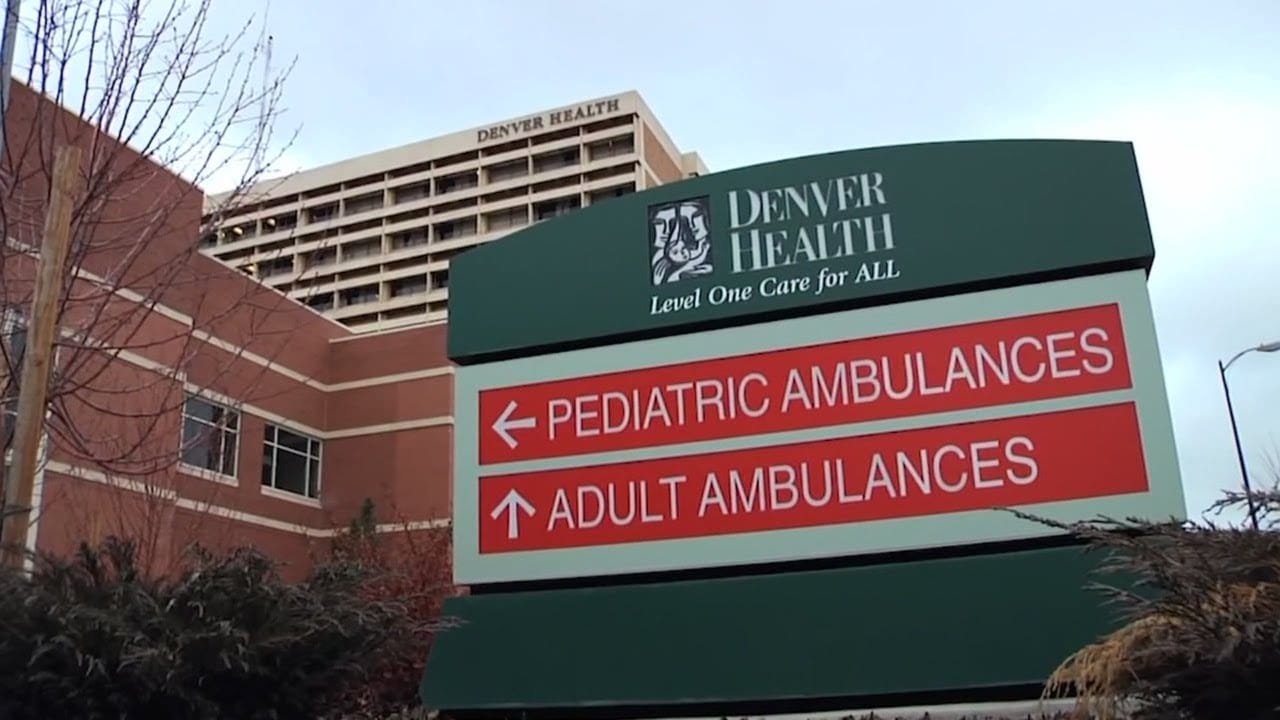A measles outbreak is unfolding in West Texas, with Gaines County identified as the epicenter. This development has raised alarms among public health officials, particularly due to a notable decline in vaccination coverage in the region. The outbreak marks the recurrence of a disease that had been largely controlled through widespread immunization efforts.
As of the latest updates, authorities have confirmed over a dozen cases within a short span of time. All those who contracted measles were reportedly unvaccinated, according to the Texas Department of State Health Services. The affected individuals include school-aged children, and cases have resulted in hospitalizations in some instances. While the outbreak currently remains confined to a specific region, health experts are concerned about its potential to spread further.
Gaines County, a rural area with a population of approximately 22,000, was initially alerted to the outbreak after two children were hospitalized in late January. Since then, the number of confirmed cases has grown steadily, amplifying the urgency for vaccination campaigns. Local vaccination rates have been reported to fall below the thresholds required to achieve herd immunity, making it challenging to contain the spread of measles.
The disease, caused by a highly contagious airborne virus, is transmitted through coughs and sneezes. Symptoms typically appear around 10 days after exposure and include fever, cough, runny nose, inflamed eyes, and a characteristic red rash that spreads across the body. Health authorities have emphasized that measles can lead to severe complications, including pneumonia, encephalitis, and even death, particularly in young children and those with a compromised immune system.
The resurgence of measles in Texas highlights a broader national concern regarding vaccination coverage. Across the United States, vaccine hesitancy and declining immunization rates have left communities vulnerable to outbreaks of preventable diseases. In Texas specifically, recent data indicates that measles vaccination rates have dropped from nearly 97 percent in the 2019-2020 school year to just above 94 percent in 2023-24. The critical threshold to achieve herd immunity for measles is 95 percent vaccination coverage, underscoring the state’s precarious position.
Health experts attribute declining vaccination rates to various factors, including misinformation about vaccine safety, personal belief exemptions, and challenges in accessing healthcare services in underserved areas. These trends have sparked calls for increased public education and outreach initiatives aimed at dispelling myths and encouraging adherence to recommended immunization schedules.
In the wake of the ongoing outbreak, the Texas Department of State Health Services has intensified its response by issuing alerts to healthcare providers, urging them to report any suspected cases promptly. The department is also advising the public to remain vigilant for symptoms of measles and to consult healthcare professionals immediately if exposure is suspected.
Additionally, efforts are underway to bolster vaccination rates in the affected areas. Local health authorities have organized vaccination drives and are working to address potential barriers to immunization, such as transportation issues and vaccine availability. Educational campaigns targeting parents and caregivers are being prioritized, with a focus on the safety and efficacy of vaccines and their crucial role in preventing disease outbreaks.
The outbreak in West Texas is not an isolated incident. Earlier cases of measles were reported in Harris County, Texas, in January 2025, marking the first confirmed instances of the disease in the state since 2023. Both cases involved unvaccinated individuals, further highlighting the role of vaccine coverage in disease prevention.
Public health officials emphasize that achieving and maintaining high vaccination rates is essential for community protection, particularly in areas where vulnerable populations, such as young children, are at risk. Vaccines have been proven to be safe and effective, with extensive research demonstrating their ability to prevent the resurgence of vaccine-preventable diseases like measles.
The situation in West Texas serves as a sobering reminder of the importance of public health measures and the collective responsibility to ensure widespread vaccination. As the efforts to contain the outbreak continue, authorities remain committed to protecting the health and well-being of affected communities while working to prevent future occurrences of such outbreaks.



